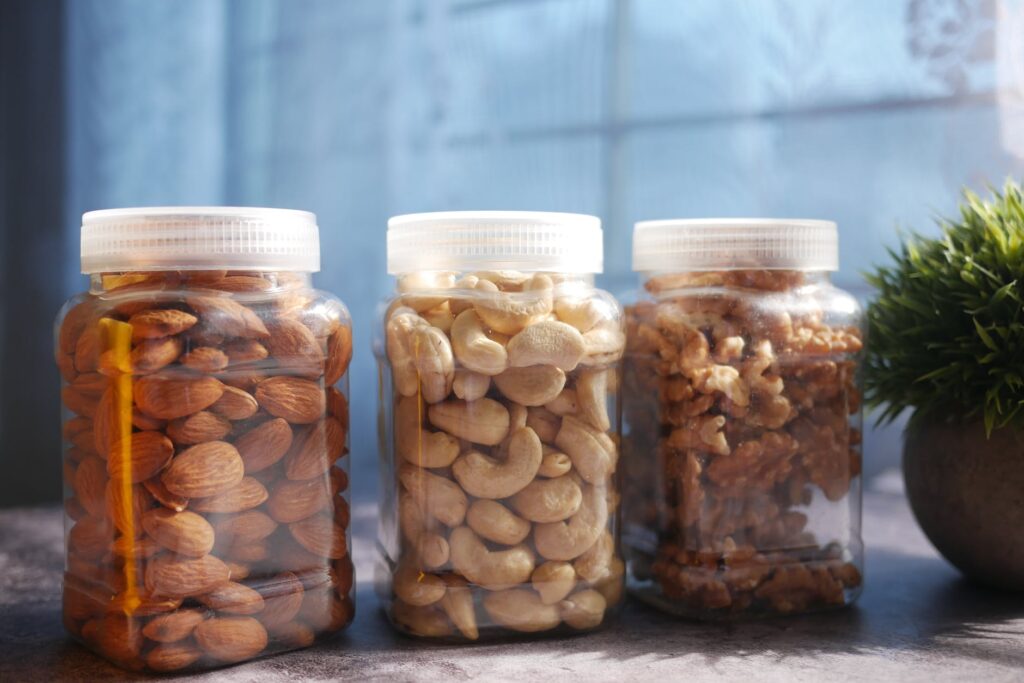
Introduction
It’s hard to keep up with all the new science being done on antioxidants and anti-aging, but you should. From what we do know, it seems clear that antioxidants are important for both your skin and overall health—but they may not be as effective at combating aging as you think. It’s also worth noting that there hasn’t been enough research done on human beings to confirm any of this. Say’s Dr Lane Sebring, in short: more research needs to be done before we can draw any definitive conclusions about how best to keep our bodies young by eating the right foods or taking supplements with antioxidants in them.
What Are Antioxidants?
Antioxidants are a group of nutrients that help protect your body from damage caused by free radicals. Free radicals are unstable molecules that can cause damage to your cells, DNA and other important parts of the body. Antioxidants work to neutralize these harmful particles so they don’t cause as much harm.
Antioxidants are found in many foods, but the most effective way to get them is through supplements (or eating a healthy diet).
Why Do I Need Antioxidants?
Antioxidants are an essential part of our diet. They help protect the body from harmful molecules called free radicals, which can cause damage to cells and lead to premature aging. It’s important that we get enough antioxidants in our diets because they can’t be made by the body on its own–they have to come from food sources or supplements like vitamins A, C and E.
Foods High in Antioxidant Capacity
- Foods high in antioxidants:
- Blueberries
- Acai berries
- Cranberries
- Foods with a high ORAC value:
- Strawberries (11,500) *** This is the highest ORAC value of any food on the list!
More research needs to be done on antioxidants and anti-aging.
There are many antioxidants that have been studied for their effects on aging and disease. A few of these include:
- Vitamin C (ascorbic acid)
- Vitamin E (tocopherols)
- Beta-carotene (pro-vitamin A)
Vitamins C, E and beta-carotene are some of the most well-known antioxidants found in food sources like fruits and vegetables. Unfortunately, while they have been shown to be helpful in preventing certain diseases such as heart disease or cancer–not all research has shown that they can slow down the aging process itself. For example, one study published in 2017 found no difference between groups taking a placebo versus those taking 500 mg per day of vitamin C over a period of 12 months when it came to measures related specifically to skin quality such as wrinkles or elasticity
Conclusion
There is a lot of research that needs to be done in this area. There are a lot of conflicting studies and opinions out there about how antioxidants affect anti-aging, but the general consensus seems to be that they do have some effect on it. However, we still don’t know exactly how much or what kind of antioxidant intake you need in order for them to work their magic on your skin. We hope this article has helped answer some questions regarding the role of these nutrients in anti-aging!